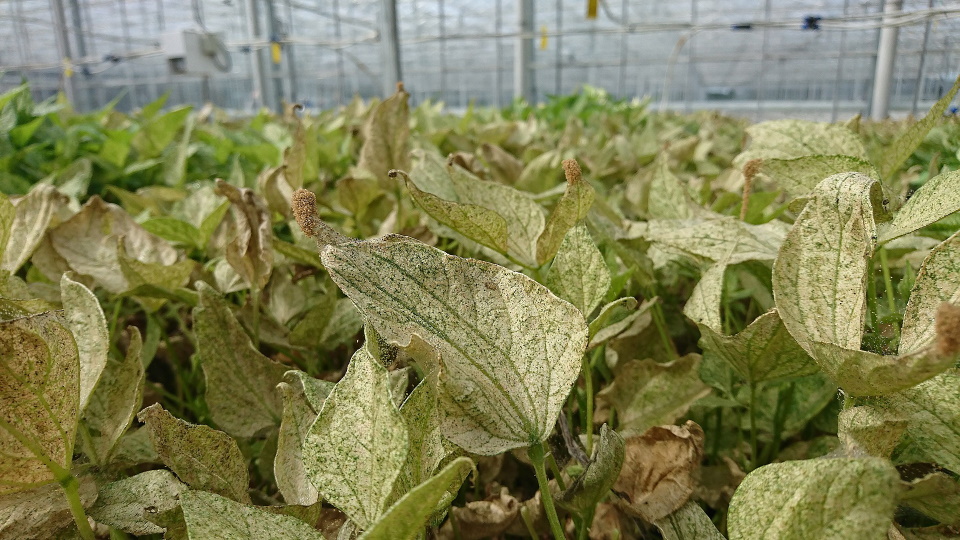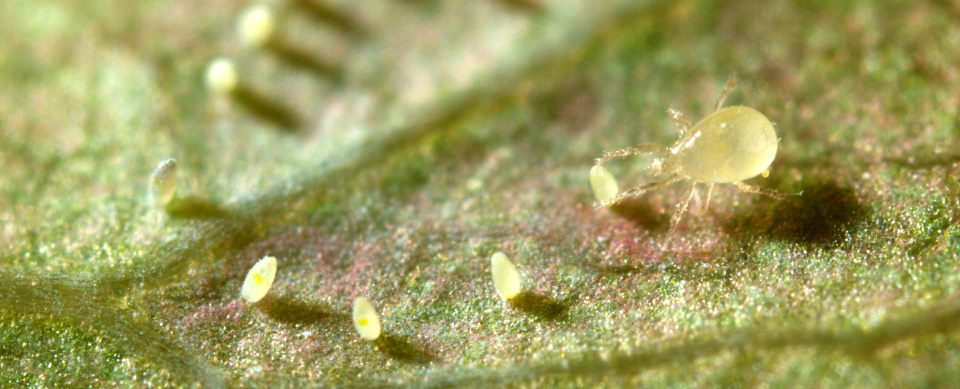Throughout the years we have all seen the negative impact chemicals have had on our environment and the ecosystem; from polluted waters to insect death, to residue build up and chemical resistance. So why do we continue to make the same mistakes?
Einstein’s definition of insanity is to ‘do the same thing over and over again, expecting different results’, so are we simply insane to continue using these potentially deadly synthetics on our food?

Many industries have relied on a chemical approach to control the spread of plant disease and pests - while this may have given the desired results initially, we are now seeing the negative long-term impacts of this process. There has also been a global shift in attitudes towards our food and how it is grown. As more and more people become conscious of what we put into our bodies, our practices and the impact they have on our environment, the more we need to look at alternative solutions.
Here at Zonda Beneficials we specialise in providing these solutions - not only in the form of bumblebees for pollination, but beneficial insects for pest control.
We believe that when using what nature has already supplied us, we can create a balance between pest and predator, disease and solution, that is not only beneficial to our health, but also sustainable and economical in the long run.

Once a predator has been introduced to a crop you will see lasting effects, with the beneficials taking up residence in the surrounding areas, increasing their natural population. This offers growers a huge advantage for future crops: with predators already in existence, balance becomes easier to obtain.
Also, by reducing, (and, in some cases, even eliminating altogether), the use of harsh chemicals a grower can avoid issues such as withholding periods and MRLs.
Having predators in your crop means very little though, if practices do not support a solid program. One of the fastest ways for pests to spread is through human interaction: passing through an ‘infected’ area and into a ‘clean’ area can aid in exponential population growth in sections that were previously unaffected. In order to truly see the benefits of a natural approach, we need to look at everything we do. Hygiene, behaviour and monitoring are equally as important as the solution when trying to create a balance.

Changing mind-sets and managing expectations is essential when making the shift to an IPM system.
When discussing IPM, we need to remember that the key word is ‘balance’, too often expectations are not realistic, and the process is abandoned before any benefits are seen. To make it work, you need a little patience and a lot of understanding – understanding of how your IPM works and how you can work for your IPM. Having a sound plan and open communication with your IPM specialist is essential and will produce impressive results.
Sustainability should be forefront in all of our minds as we advance. We can learn a lot from our past mistakes and take steps to avoid history repeating. At Zonda Beneficials our innovative techniques mean we can control gene diversity and ecological impact, ensuring the environment of the future. Our rigorous testing and evolutionary processes further add to the promise of tomorrow.
Globally, New Zealand has a reputation for high-quality products. By improving our processes and embracing a natural approach we can take advantage of the added marketing benefits. Further pushing our proud kiwi, ‘clean, green’ approach.

And with your support, comes growth. Currently NZ is very limited with what products are available. With a higher demand we can push for approvals, research and establishment of even more options to cater to the ever-increasing need for alternatives.
By changing the way we think and work we can do big things, things that will have a lasting impact on the world we leave for our future generations.
If you agree that nature is best, get in contact with us to find out how we can help.